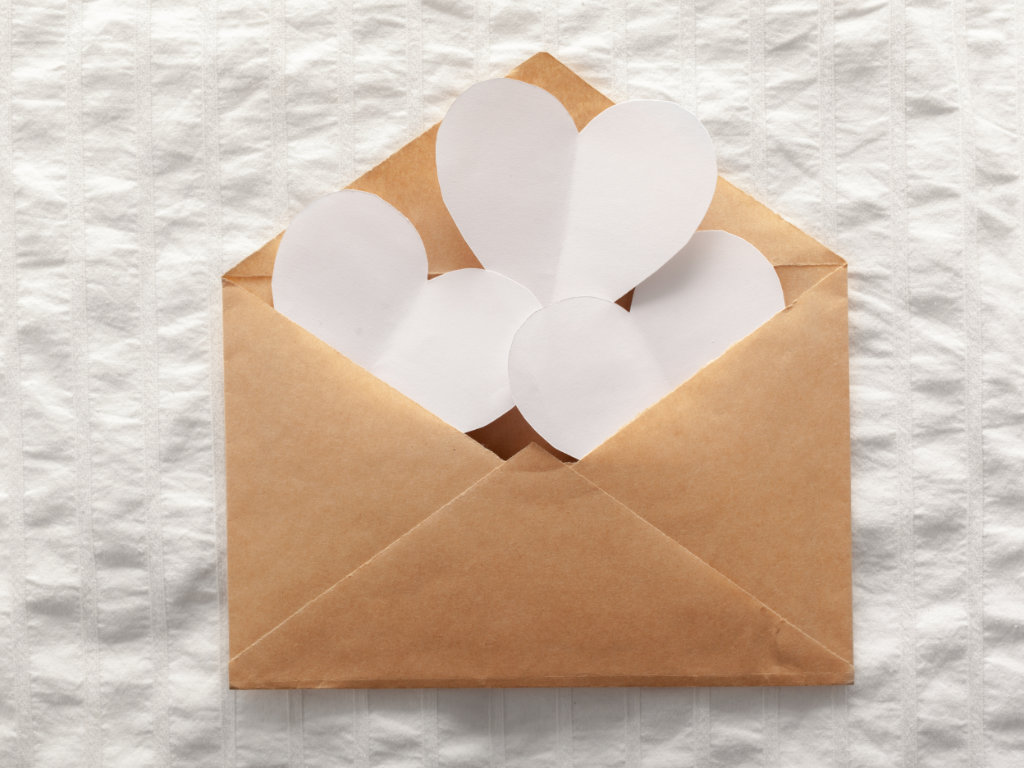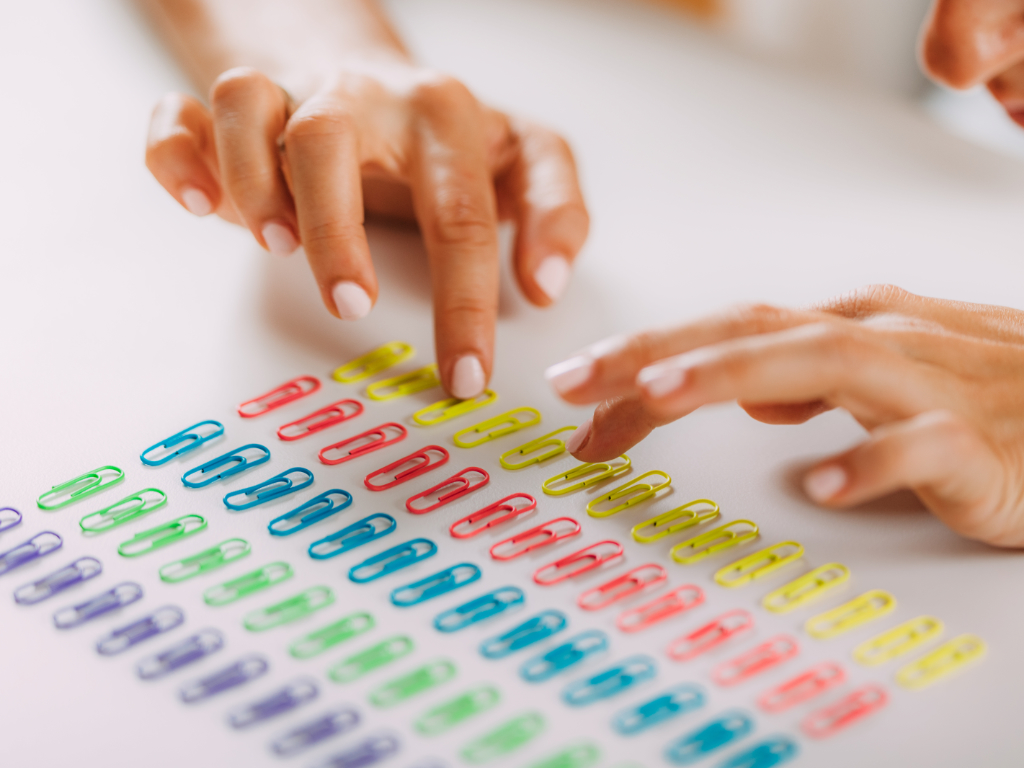Understanding Neurodiversity
Clear, culturally relevant information on autism & neurodiversity —because understanding is the foundation of acceptance.
Help us change lives by making a donation of any amount:
Welcome to the Neurodiversity Guide, a resource for understanding the diverse ways people think, learn, and experience the world—including autism, ADHD, dyslexia, and more. Neurodiversity recognises these differences as natural and valuable, not deficits.
We chose the name “Chinese Autism” as a familiar starting point—especially for the Chinese community, where many are still new to the concept of neurodiversity. While the name may not fully reflect the breadth of our work, it opens the door to deeper understanding and broader conversations. Our expertise and support extend well beyond autism, and we are committed to serving the wider neurodivergent community with culturally relevant, accurate, and accessible resources.
This page includes information and inspiration from the National Autistic Society. We are dedicated to regularly updating this section with the latest research and insights.

Autism is not a disability, it’s a different ability.“ – Stuart Duncan
What is Autism?
Learn how autism impacts communication and social interaction throughout the lives of approximately 700,000 autistic adults and children in the UK.

"If you’ve met one person with autism, you’ve met one person with autism.” – Dr. Stephen Shore
What is Aspergers
Explore the shift in diagnosis from Asperger syndrome to Autistic Spectrum Disorder and learn how they see and interact with the world.

“When a flower doesn’t bloom you fix the environment in which it grows, not the flower.” – Alexander Den Heijer
The history of Autism
Trace the history of autism back to Leo Kanner’s discovery over 50 years ago and stay up-to-date on the latest research on autism.

“Our duty in autism is not to cure but to relieve suffering and to maximize each person’s potential.” – John Elder Robison
The causes of Autism and support
Discover the ongoing exploration into the causes of autism and uncover the latest research surrounding the potential genetic factors involved. Find out how you can support those with autism.

"There needs to be a lot more emphasis on what a child can do, instead of what they cannot do." - Temple Grandin
Autistic girls and women
Examine the disparities in autism diagnosis between men and women and join the support towards a more equal representation of autism diagnoses among girls and women.
Cross Posts from Support Support Strategies

"There needs to be a lot more emphasis on what a child can do, instead of what they cannot do." - Temple Grandin
Intense interests and repetitive behaviour
Strong passions and repeated actions can bring joy to autistic individuals and serve as a means of dealing with daily challenges. However, these pursuits might transform into fixations that restrict engagement in other tasks, which can make them feel upset or worried.
Why Culture Matters in Neurodiversity
Neurodiversity doesn’t exist in a vacuum — it’s shaped by cultural beliefs, language, and community experience.
Understanding autism through a Western lens often fails to reflect the experiences of Chinese and other minority communities. Culture shapes how we talk about difference, how families seek help, and how society responds.
For example, in Mandarin, autism is often translated as “gūdúzhèng” (孤独症) or “zìbìzhèng” (自闭症) — terms meaning “loneliness disease” or “closed-self disease.” These words influence public perception, contributing to harmful stigma and reinforcing misconceptions about autism.
That’s why culturally relevant understanding is so important. Neurodiversity is not just a clinical idea — it’s a lived experience, deeply tied to identity, values, and community.
At CACIC, we believe that cultural context isn’t a barrier — it’s a bridge. When services, information, and support reflect the realities of the Chinese community, they become more accurate, compassionate, and effective for everyone
Make a donation
If you would like to help Chinese Autism, you can make a donation by following the link below. Thank you !


